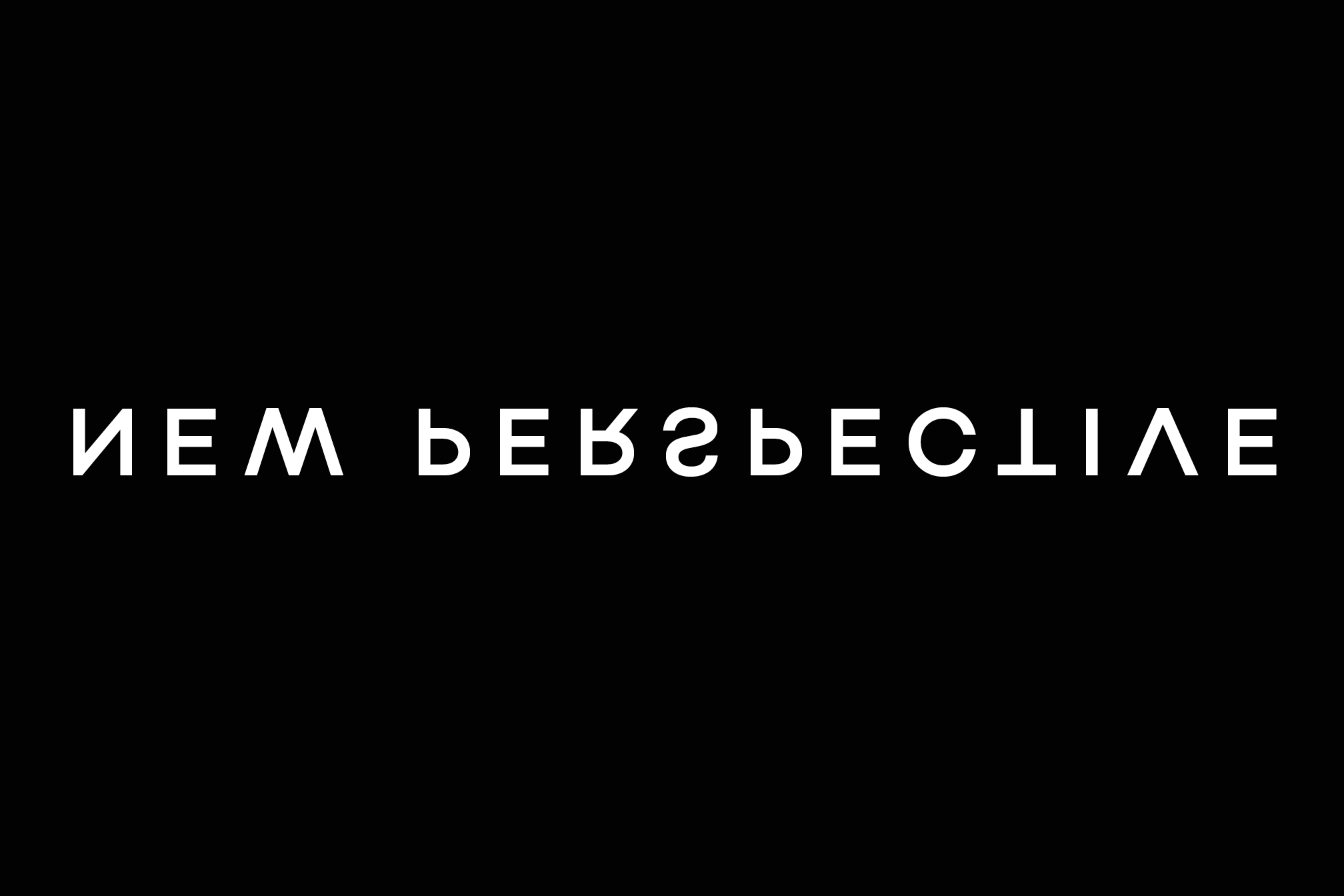 Scene reports
Scene reports
New Perspective: How Cxema parties are changing the face of the Ukrainian electronic scene
Cxema is the life-changing party forging the new sound of the Ukrainian underground
The past few years in Ukraine have been marked by significant upheaval in political and social life. In 2014 a revolution was sparked as a response to the cruel dispersal of crowds protesting the government’s renouncement of plans for closer ties with the European Union, as well as prevalent corruption. An irreversible process of self-reflection and self-determination has followed in Ukrainian society.
This period of sudden perturbations – an economic crisis, a change of the government – has surely left a mark on the musical environment, impacting a new generation of party-goers to an extent much deeper than the well-known set of clichés and myths about post-revolutionary hedonism. Identities that were once undisclosed have been forced to find definition in an unrecognisable socio-political landscape. In these past five years, a series of parties called Cxema has grown from handicraft raves to festival-scale events, becoming one of the primary vehicles of this exploration.

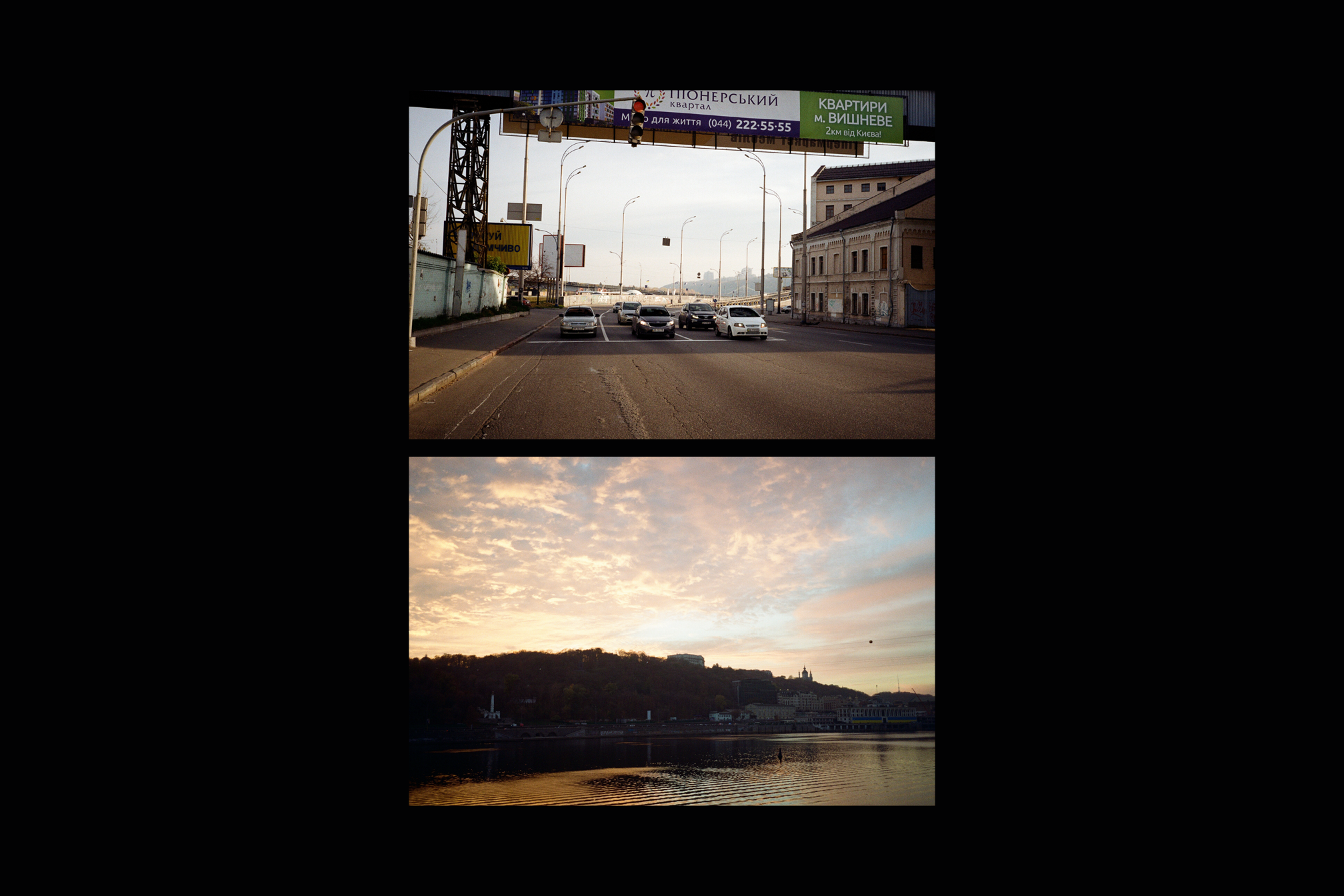
It all started in 2014 when the founder of Cxema, Slava Lepsheev, decided to shake up the idle nightlife of Kyiv with a number of events at post-industrial locations in the city. The economic situation in the country at the time was challenging. Volatile exchange rate fluctuations did not allow local promoters to invite foreign artists and Slava was no exception. But these financial constraints pushed the organiser to discover the local scene of young producers and DJs, which sparkled with brilliant and underrated talents.
“Sometimes you need to look at what is happening around you! The concept of Cxema is built around the Ukrainian artists, and it turns out, if you dig deep enough, there is a whole generation out there. Already working, already doing something,” says Gennady Boychenko aka Potreba, speaking during a break from recording vocals in the studio.
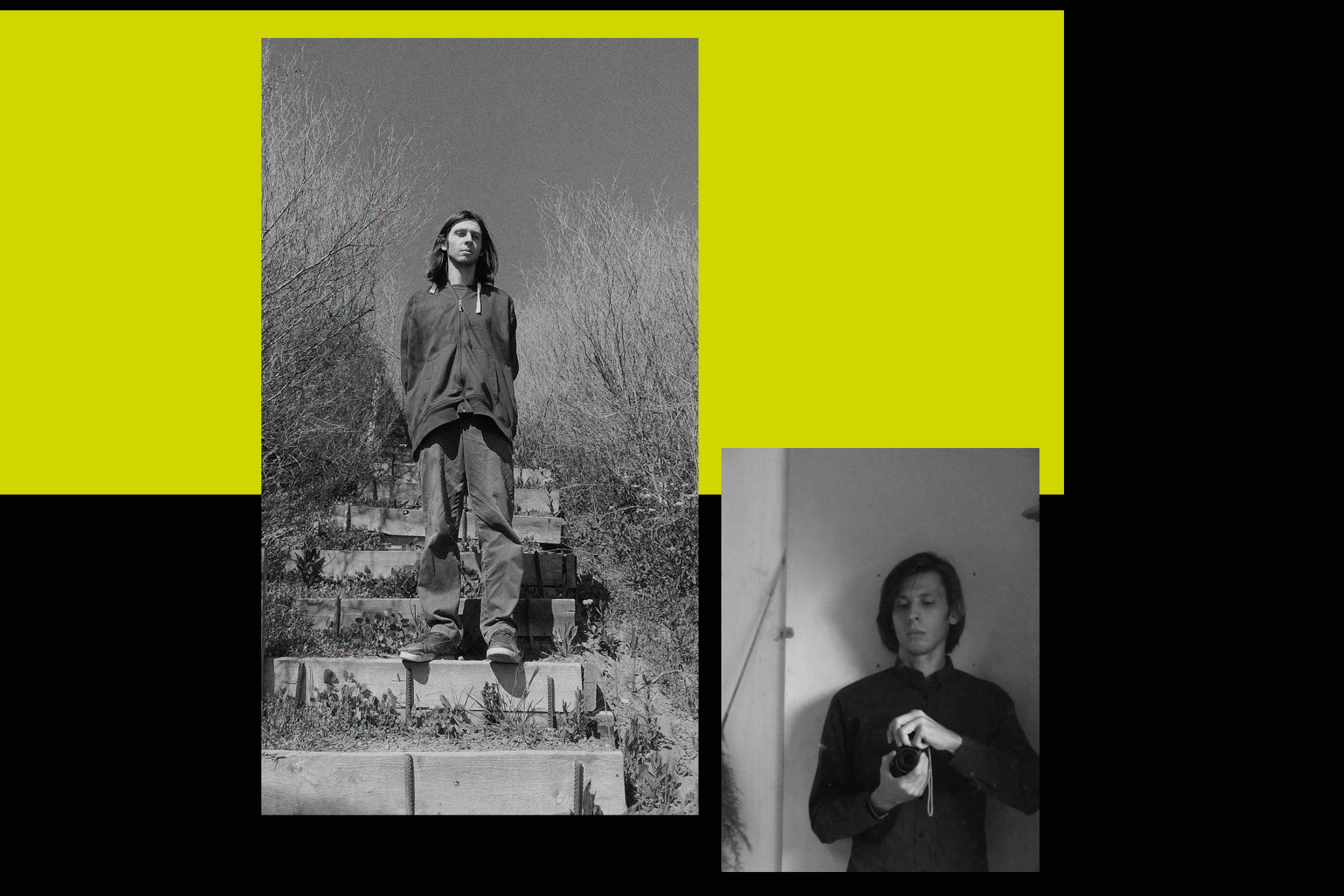
Gennady Boychenko is a musician from Odessa who has witnessed the Cxema parties almost from their inception. He started studying music at the age of 8. His first instrument was the PlayStation sound editor, which offered the opportunity to work with a library of sounds, transforming them into patterns. Boychenko's first project, a band called Indirect, was a kraut-rock homage made with a hybrid of electronics and live instruments, taking influence from Throbbing Gristle, Cabaret Voltaire, and IDM.
Now Boychenko performs under the moniker Potreba, which means "need" in Ukrainian. "Before founding Indirect, I was writing everything that I thought was cool - breakbeat, jungle, drum ‘n’ bass. Potreba is the need to develop the music I started with, the very first musical language I met. The ‘need’ is for for self-expression through intense and noisy sounds."
In the early days, Gennady Boychenko mainly performed at Odessa events, in small basements holding no more than 300 people. With the arrival of Cxema, Potreba, as well as other desperate music enthusiasts, found a new space for demonstrating their sound experiments. "The first performance at Cxema was a completely different dynamic. It was very cool," recalls Gennady.
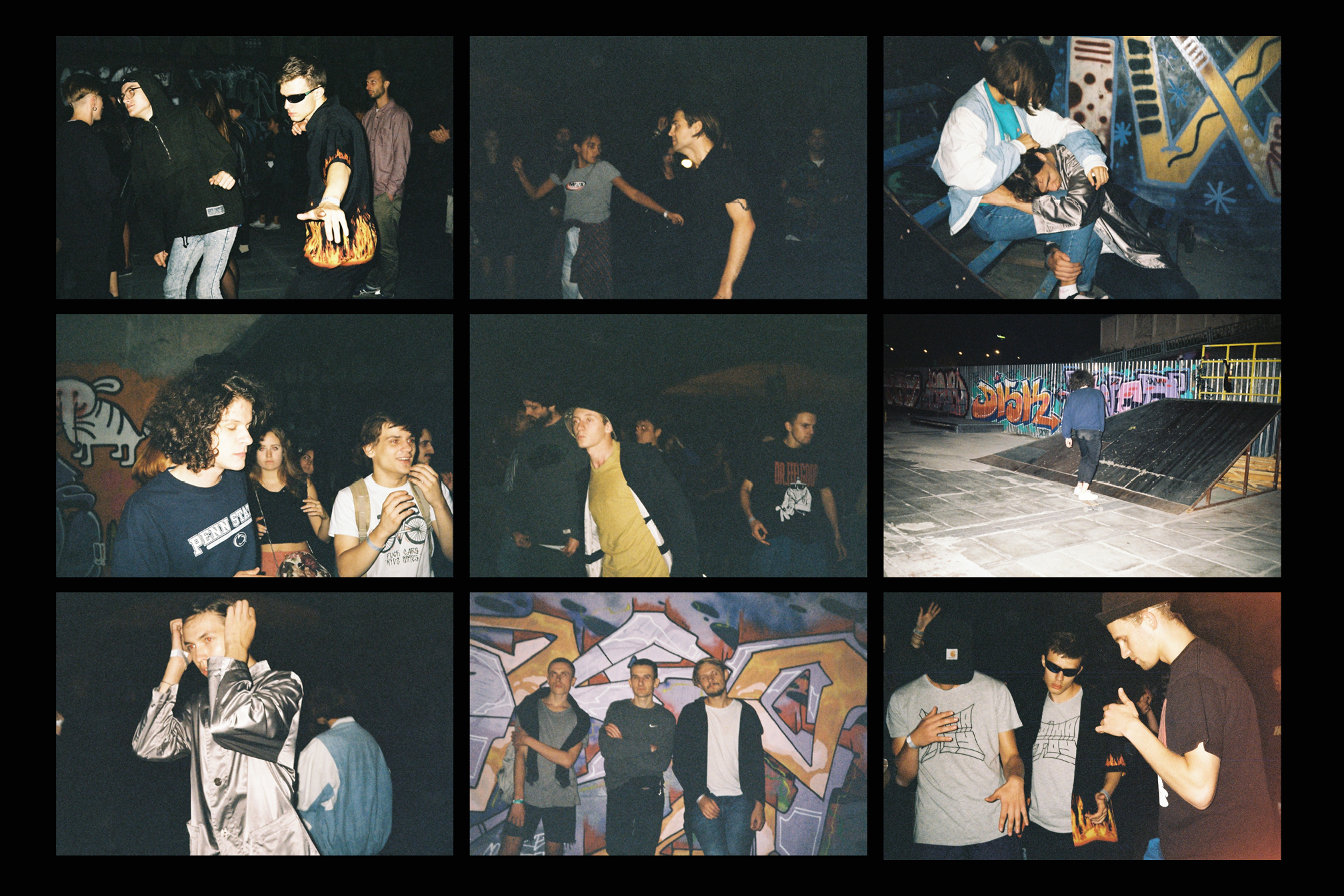
From its first days, Cxema has been underpinned by a search for eccentric musicians and geeks, aiming to give them a platform and a chance to perform for a massive audience at parties where there are no headliners or 'second-rate' local support.
"I played with Indirect, at Slava's Побойся Бога party (roughly translates as "Don't You Fear God") which he organised together with Borys before founding Cxema. At that time, Myspace was still around, and Slava was hunting for some wild and peculiar music from Ukraine. This commitment has not gone anywhere. Cxema is, first of all, a personal interest in digging for something strange," says Gennady.
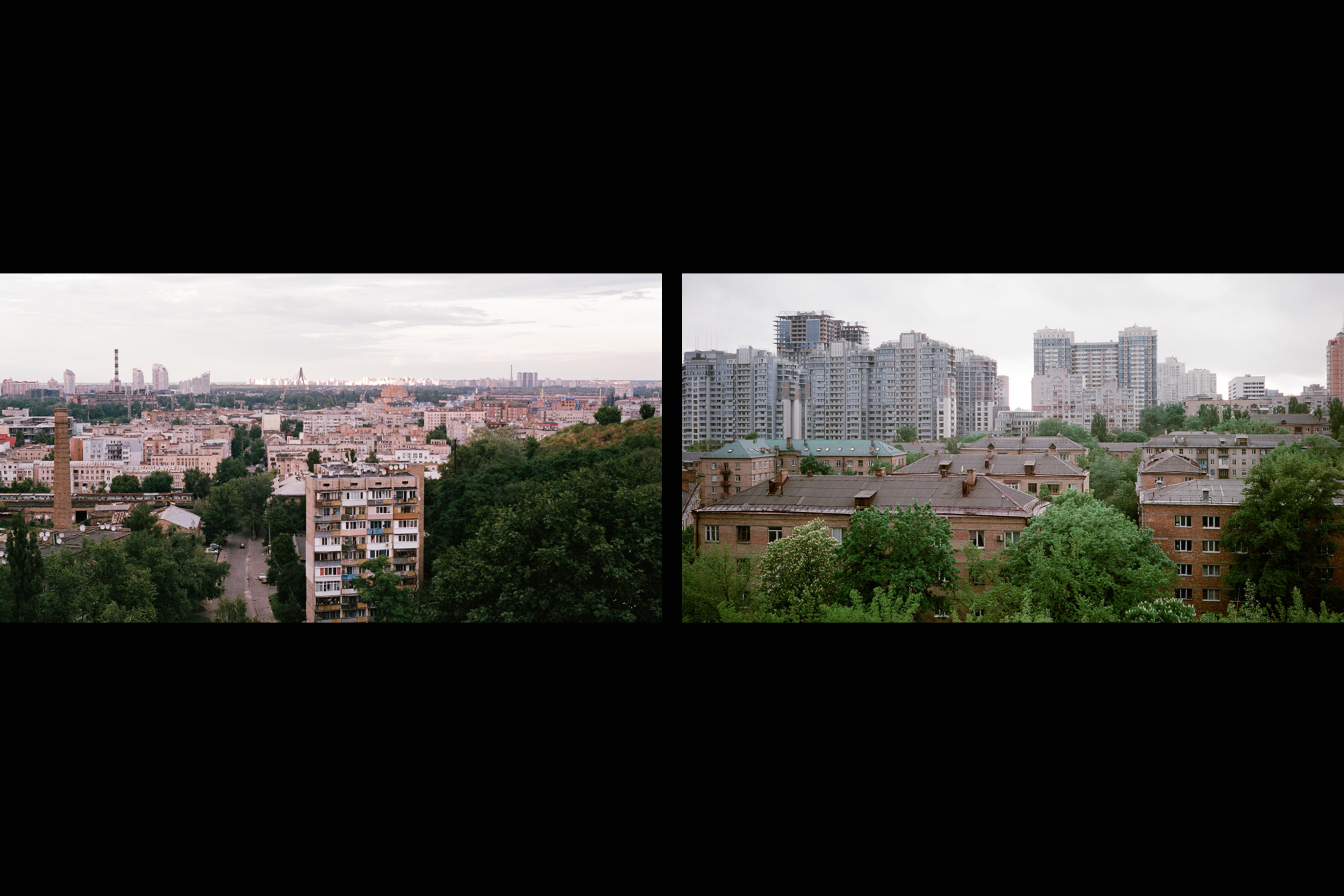
Timur Dzhafarov aka John Object is a young Kyiv producer and an excellent example of how Cxema unearths hidden talents and promotes leftfield music. Timur's music is brutal and futuristic, and may sometimes seem indigestible for a wide range of listeners. The very idea that such a sound could be heard in any club in Kyiv seemed unimaginable only a couple of years ago.
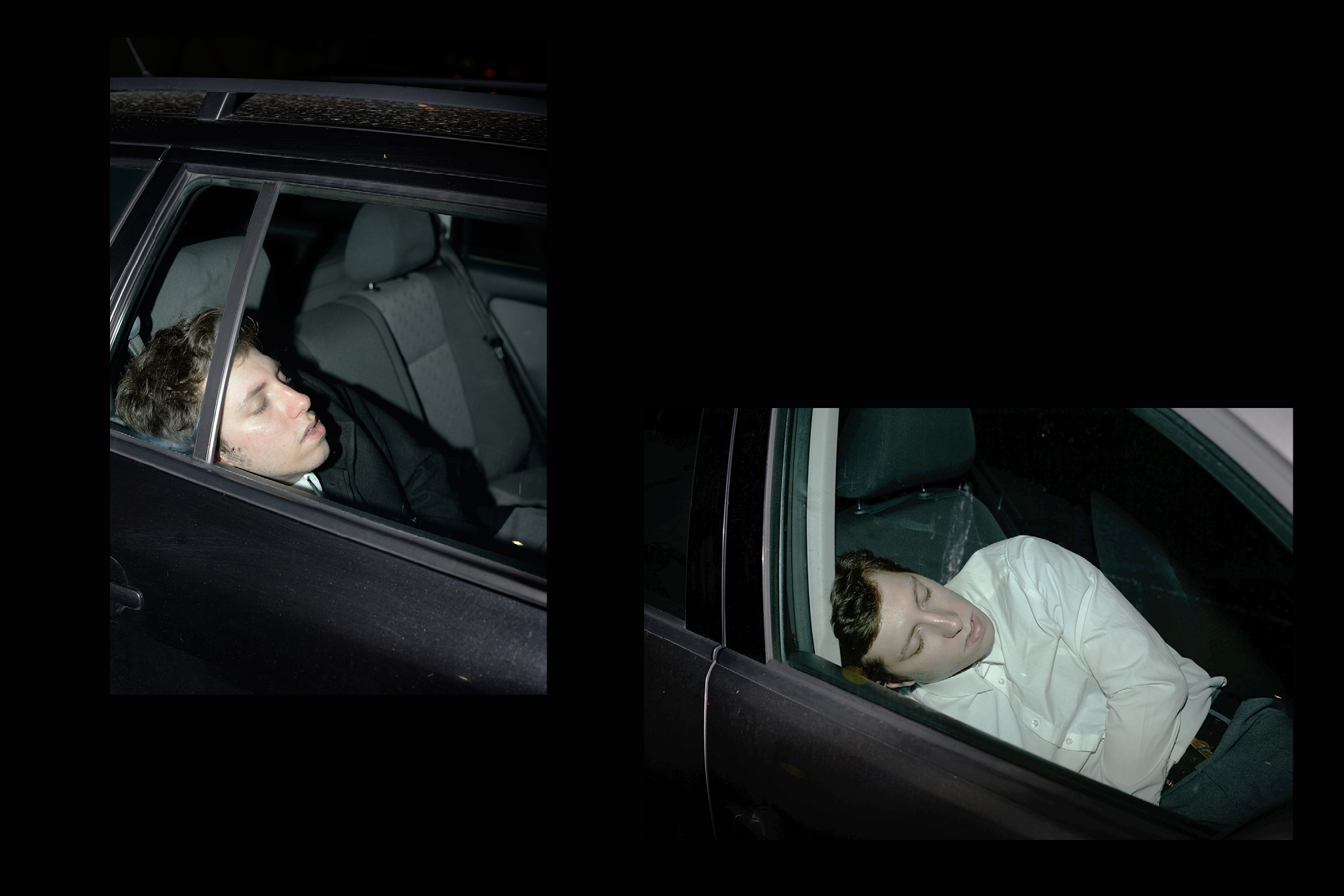
"The day I first played Cxema is the day I got a career. Nobody knew me, and nobody listened to me before that," Timur recalls. Prior to this debut, John Object had no expectation of getting anywhere with his music. Since then, he’s risen to the forefront of the Ukrainian underground scene. Last fall he performed at the Boiler Room party in Kyiv, and in early May played at the Urvakan festival in Armenia, where he shared a line-up with ZULI, Russell Haswell and Rupert Clervaux.
John Object strives for the "normalisation of abnormal music”, working with elements considered “not customary to music” and “intimate, shameful, unpleasant, and non-musical” in his pioneering productions. “I hope that what I'm doing is actually beautiful, but we haven't accepted it yet. When it is all normalised, it will sound appropriate and, I think, even natural," he says.
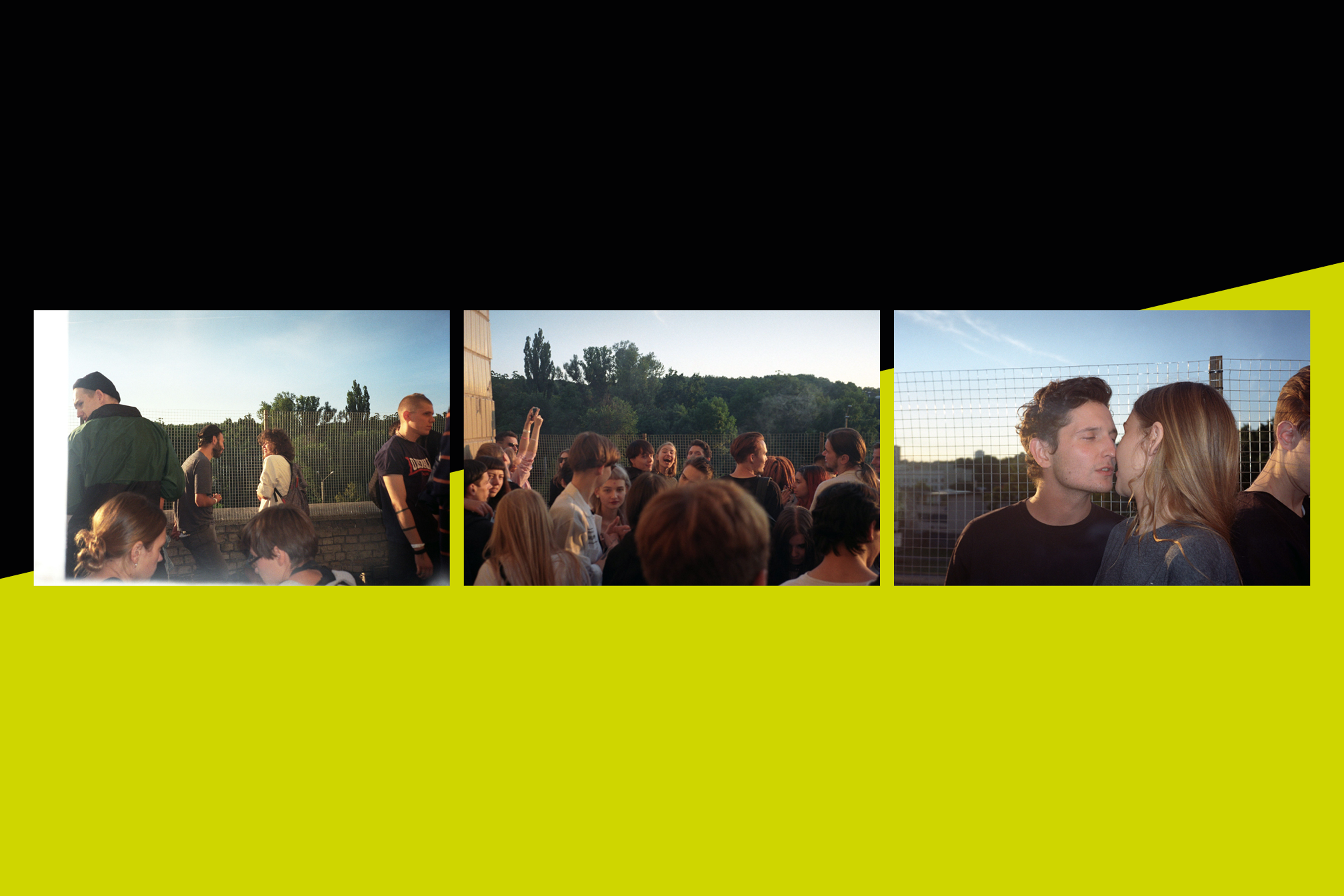
Cxema deals with similar motives. It takes risks with its power of influence to present unfamiliar artists, who do not fit into the local musical context, to thousands of faithful listeners, bringing them out of the underground and straight into the prime time of a hot, intense party.
Producer, DJ, and co-founder of the ШЩЦ (SHITS) label and party Bodya Konakov aka A-Body played one of his first concerts at Cxema. It was held at a former Cinema club hidden in the concrete depths of a car park: a legendary place for Kyiv nightlife where some of the most lively techno and drum ‘n’ bass parties took place. "At that moment I wasn't really in touch with the electronic scene, and when I came on I played some experimental ambient because I've never been to such events. I put on one track with a straight 4/4 beat and it kind of stirred up the dancefloor, but some visitors just kept on standing with their mouths open," he recalls.
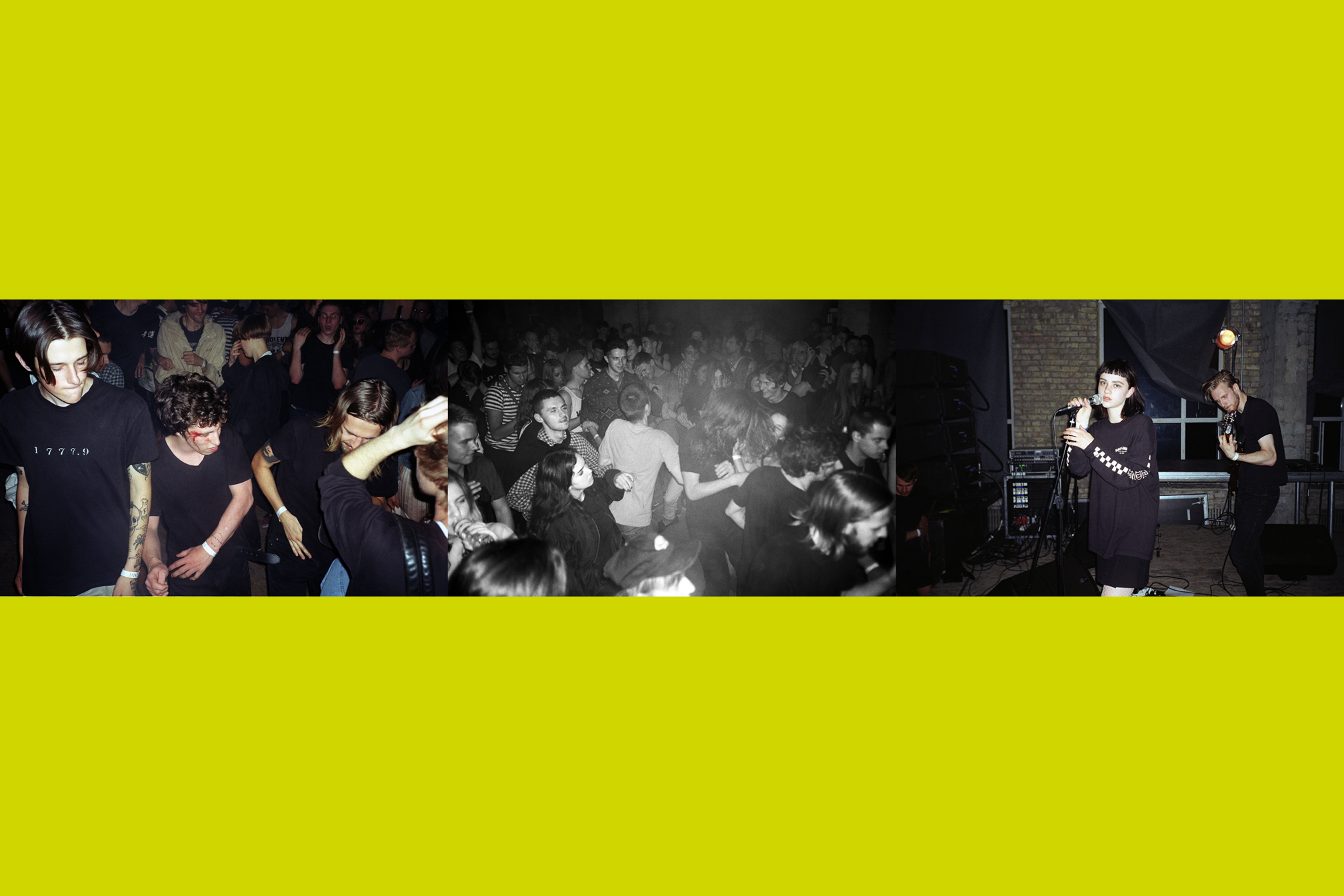
Today, Konakov is actively engaged in pushing the local scene forward. Two months ago he put out a compilation of tracks from Ukrainian producers as the first release of his ШЩЦ label. An open call for submissions received close to 200 applications, which is no surprise. In just a few years, ШЩЦ has grown from a small group of music lovers into a whole community of DJs, musicians, and producers.

Starting from a small, damp hall in the parking lot of the former Cinema Club, Konakov has been through a long creative exploration, and after many years of experimenting with his sound and playing a number of Cxema gigs, including under the monolithic power of the Gavan' Bridge and at the Dovzhenko Film Studio, he's finally presented his new A-Body project. He plans to document this entire journey with a full-length album 'Selected Rave Tracks 2013-2019', which will feature tracks recorded for Cxema during the last five years.
"As an institution, Cxema provides opportunities. It is truly a bridge in every sense," says Konakov. "It is different for everyone, though. Some use it for brand-like promotion; some hone their skills on a big sound system; some learn to interact with a huge, diverse crowd. Some just want to make some noise!"
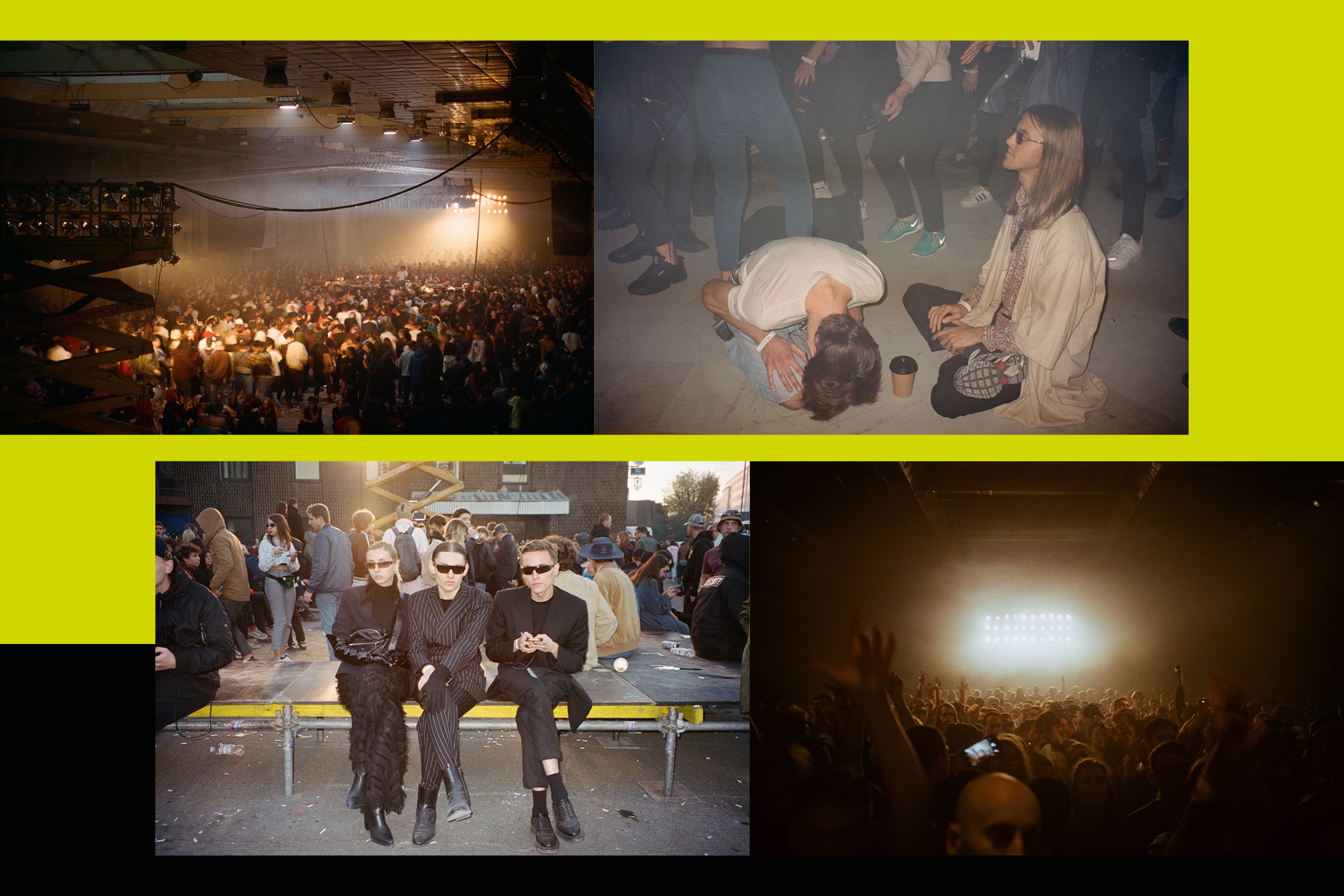
No matter how grandiose it may sound, Cxema parties have redefined the country's musical landscape. Before Cxema, the Ukrainian music scene was represented by a handful of names that became familiar to foreign media, while artists in Kyiv alone numbered in the dozens. Cxema has redressed the imbalance, launching Cxema Backstage and showcasing the Cxemcast mix series, which are watched and listened to by tens of thousands of people and promote the artists abroad.
This helped rocket the career of another Cxema protégé, Kyiv DJ Nastya Muravyova, who has landed gigs in prominent German music venues like Berghain, OHM, ://about blank, Opium club and Tresor during her short time in the game.
“For me, putting together mixes is extensive work," notes Nastya. Her sets are detailed like fine filigree jewellery: fusions of intense dance music, embellished with the bursts of EBM, breakbeat, and electro.
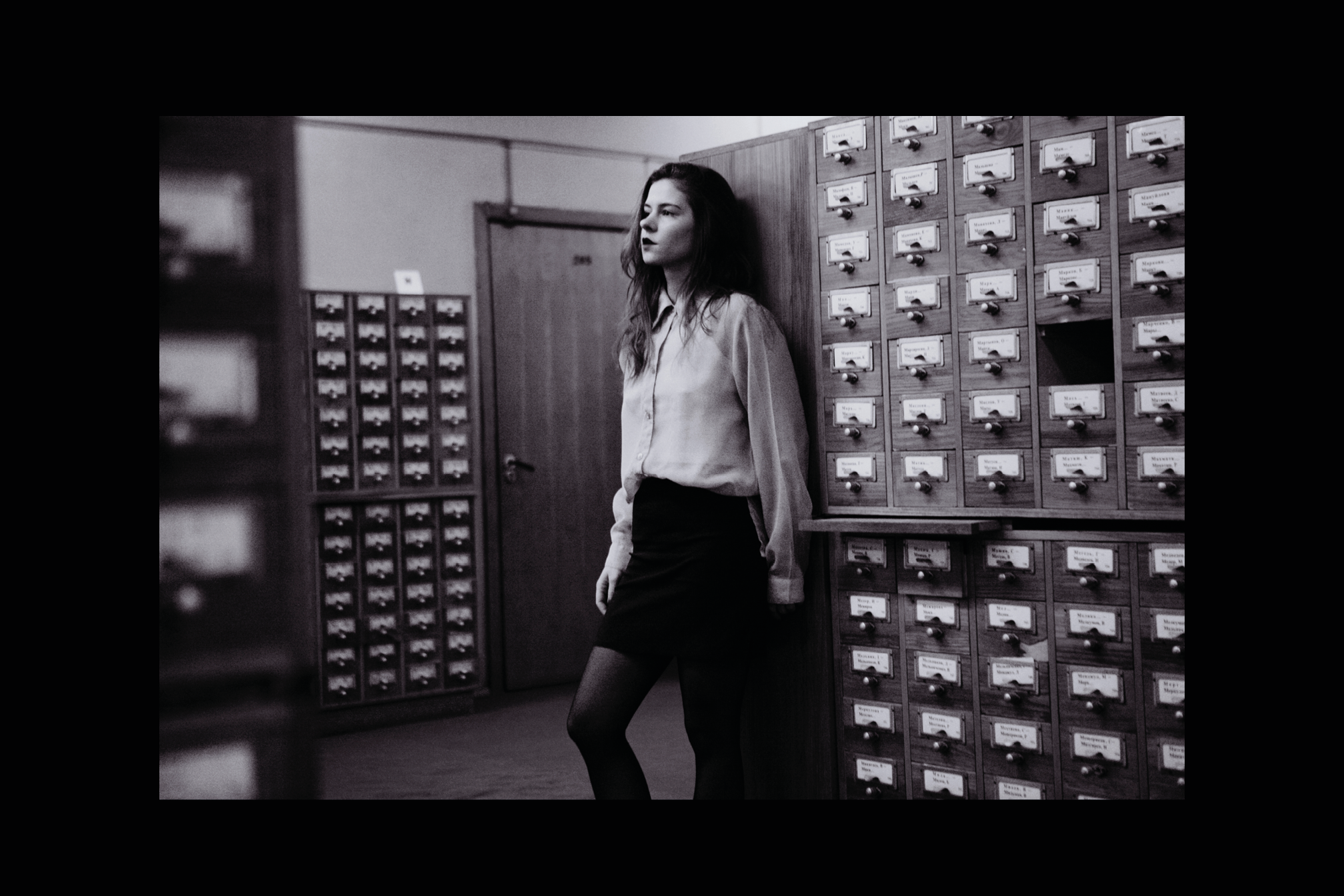
Nastya Muravyova played Cxema for the first time in 2017. It was a turning point in the history of the organisation - the parties left the sweaty, DIY territory of the Gavan' skatepark straight to the site of Dovzhenko, one of the largest film studios in Eastern Europe with a vast dancefloor and high ceilings. It was a moment for Nastya: "I was just puzzled by everything that was happening around. I was catching the buzz, playing in front of such a crowd. I needed just one set, and people started recognising me, coming to the parties I played."
Now the demand for Nastya Muravyova's sound is growing exponentially. Her set at the Boiler Room party has clocked up more than 100k views, and her gigging schedule updates weekly with new bookings on the world club map.
"Through the platform of Cxema, I realised how I should sound," says Dmitriy Avksentiev, better known as Voin Oruwu, recalling his first performance at Cxema under the Gavan' Bridge. "I've still got goosebumps, seriously," he continues enthusiastically.
Dmitriy Avksentiev’s musical path began in 2007. He entered the field of electronic music by writing and sending out his first compositions to artists and labels, and playing Kievbass parties and small bars for 50-70 people, where dub and 2-step were common. After absorbing the influences of jungle, dubstep and future garage, he merged these with his love for movies and created the Voin Oruwu project.
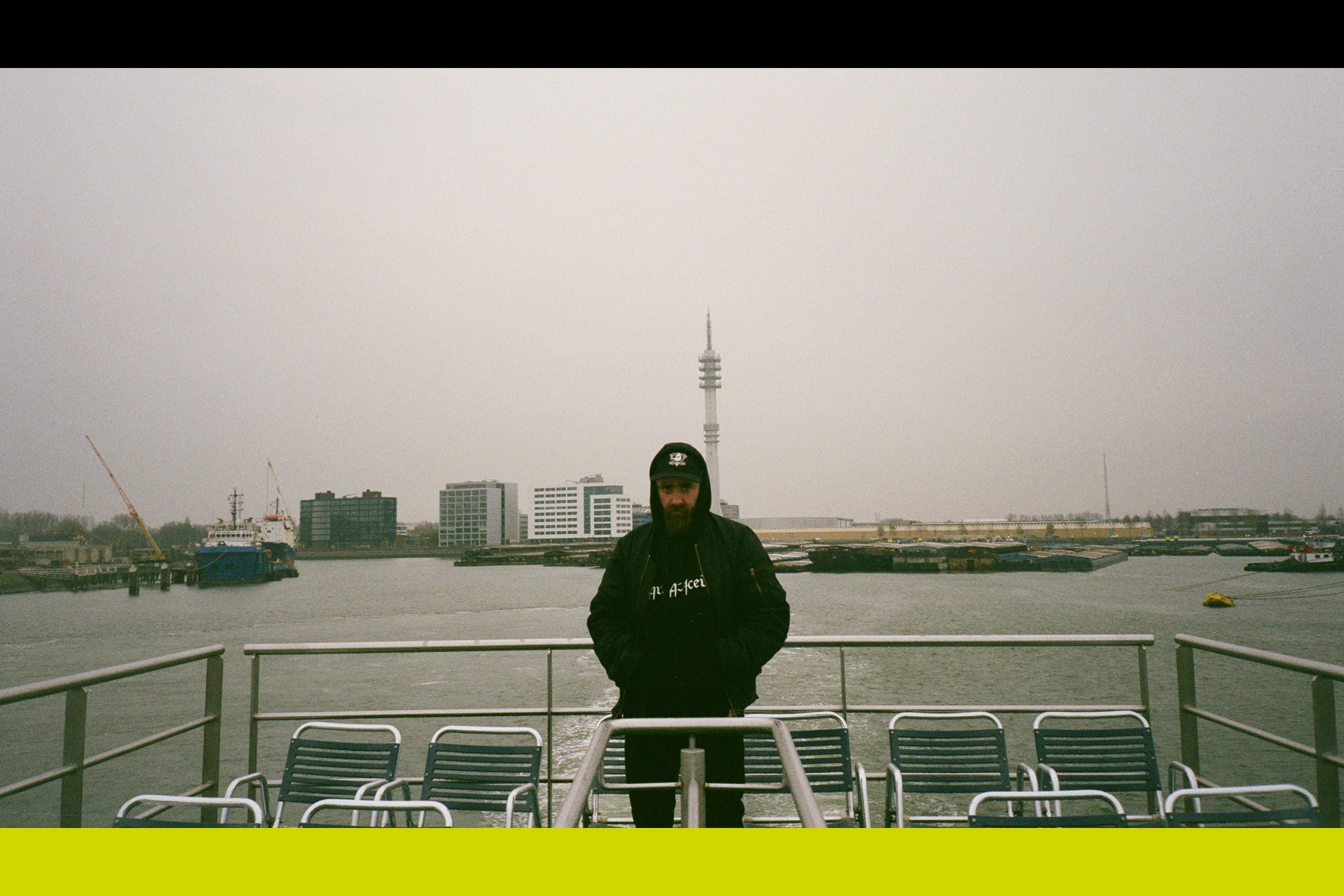
According to the musician, a cinematic quality is what defines Voin Oruwu: "For me, the structure of the composition is the cinematic language, where there is an introduction, a resolution, a denouement. I pick up the theme and the idea for a track as a structural concept, based on genres such as thriller, sci-fi, detective story or noir. Sometimes I imagine a couple of scenes, an object or a hero."
The atmospheric soundscapes of Voin Oruwu have found their place at Cxema. In 2016, the musician's track was included in an i-D film about the party. Later, it became the unofficial anthem of escapism and freedom, capturing the feelings that reigned on the improvised dancefloor under the Gavan' Bridge, where the first performance of Voin Oruwu followed. "It was a crazy party, just wild! This savage, primitive spirit is only felt at Cxema, nowhere else. And it suits Voin Oruwu. I can get such raw emotions only at Cxema."
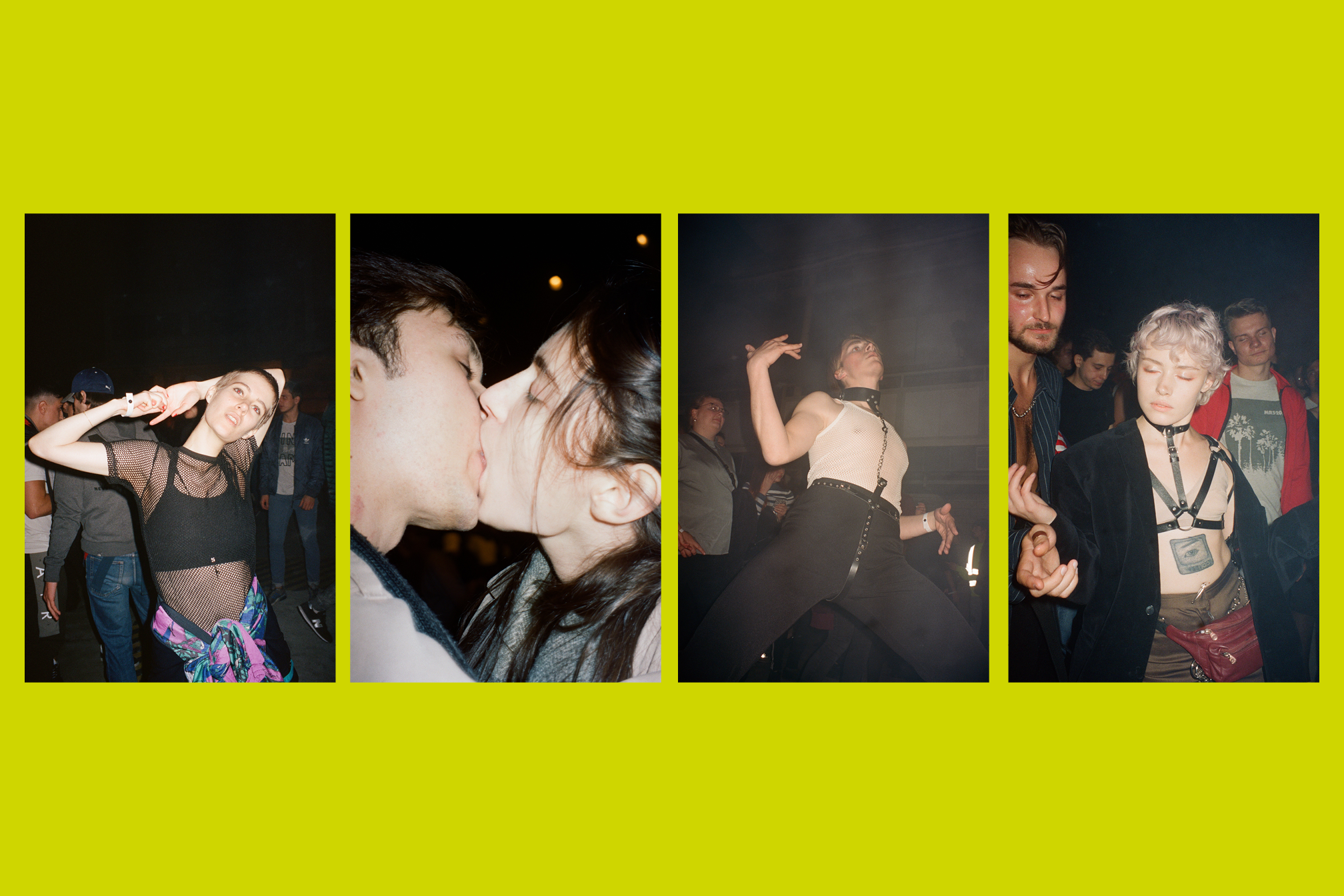
For this gig, Dmitriy Avksentiev made the tracks that later defined his sound - hard and somewhat crude, as if crafted for dark, colourless industrial surroundings, or a walk in outer space.
Three years later, Voin Oruwu has earned the title of one of the most intriguing projects of the modern Ukrainian scene. His main output includes the release of ‘Etudes From A Starship’ on iconic Ukrainian label Kvitnu, the full-length album ‘Big Space Adventure’ for Russian imprint Private Persons, and performances at Boiler Room parties in Kyiv and Moscow. His latest outing arrived on the Bristol label Banoffee Pies, alongside D.Tiffany as Plush Managements Inc., Hartta and Keppel.

"Cxema is a platform that gave a certain vision of my work. It gave me access to a huge base of people and still influences me to this day, just like everyone who attends these events. When I go as a guest, I'm wildly impressed and inspired while listening to our local guys," says Dmitriy.
From conditions of economic crisis and cultural stagnation, Cxema has discovered an inexhaustible source of local talent, which established its mission for the years ahead. The results are obvious. Cxema is now not just a rave, a great entertainment event and a place where you can get a unique party experience, but a fully-fledged cultural institution with enough influence to act as a quality marker, a platform to promote musicians, and a bridge connecting local artists with the global electronic arena.
Tanya Voytko is a freelance journalist and editor at TIGHT Magazine, follow her on Twitter
Read this next!
Cxema announces collaborative party with PAN
The New East: Kazakhstan's underground is on the map
Brave! Factory brings a vibrant and free atmosphere to a forbidding industrial location
Taft Plunk is the DJ duo impersonating Daft Punk in Ukraine


